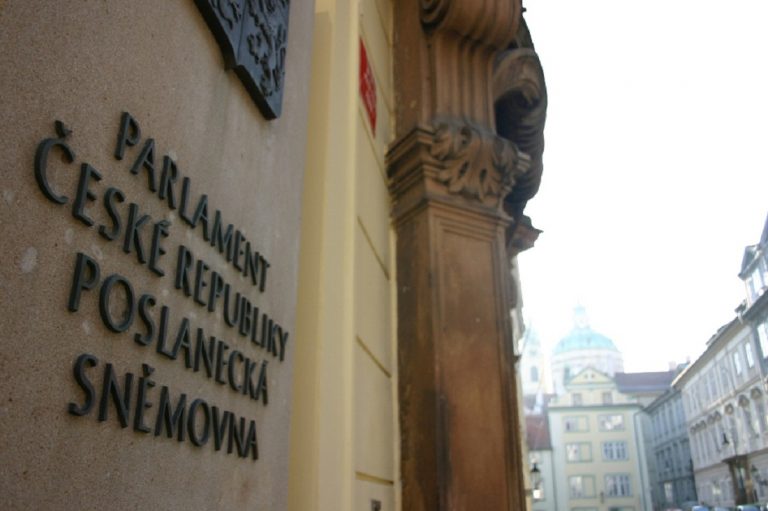Representatives of ANO, SPD and the Motorists found no major obstacles during negotiations on a possible joint government programme on finance, industry and defence, said ANO deputy leader Karel Havlicek and Motorist MP Boris Stastny after meetings yesterday.
The negotiations are proceeding relatively quickly, they said, adding that negotiators were looking for intersections from the election programmes. The politicians did not specify on which points they found agreement.
“We have a good feeling about the negotiations,” Havlicek said. “We are moving quite quickly, but we are really going into detail, discussing the parties’ programmes, trying to find compromises. I have to say that things are going very well. We have not found any major obstacles.”
Two negotiators from each side and the guarantors of chapters from the election programmes debated finance, industry and defence. ANO deputy leader Alena Schillerova described the meeting as fair, factual, expert, and without emotions.
“We found a large number of intersections, and of course, we debated things where we differ,” Schillerova said.
The politicians did not elaborate on points of agreement or where their views differed. Stastny said the negotiators agreed not to comment on partial issues, and Havlicek said these would only be made public when the texts are finished and agreed upon.
Arriving at the meeting, Freedom and Direct Democracy (SPD) representative Jindrich Rajchl said that the modernisation of the army and strengthening the number of soldiers is essential for SPD, but that defence spending should not exceed 2% of GDP. Before the meeting, Schillerova said ANO was also in favour of 2% of GDP for defence. For Lubomir Metnar of ANO, the Czech Republic’s anchoring in NATO and international organisations is crucial.
The outgoing government of Spolu and STAN adopted a resolution in March this year, according to which defence spending will grow by 0.2% of GDP per year to reach 3% of GDP by 2030. At a NATO summit in The Hague in June, member states agreed to increase defence spending to 5% of GDP by 2035, of which 3.5% should go to traditional military spending, with the remaining 1.5% going to other related spending, such as investments in infrastructure, cybersecurity, and societal resilience.
The emerging governing coalition will want to transfer the payment for renewable energy sources (RES) from citizens and companies to the state from January, SPD leader Tomio Okamura told reporters after yesterday’s meeting. The payment for the supported energy sources is part of the regulated component of the electricity price, and both consumers and the state budget contribute to overall support for renewable energy sources.
“As far as energy prices are concerned, if a government is formed by the end of the year, we would like to reduce the regulated component from January,” Okamura said. According to him, this does not require the approval of the Chamber of Deputies, as the government can decide on this by amending regulations, which will then be reflected in energy prices by the Energy Regulatory Office (ERU).
In the past, the state has already taken over the full cost of RES support as an emergency measure during the energy crisis. After the crisis subsided, the division of payment between the budget and consumers returned.






